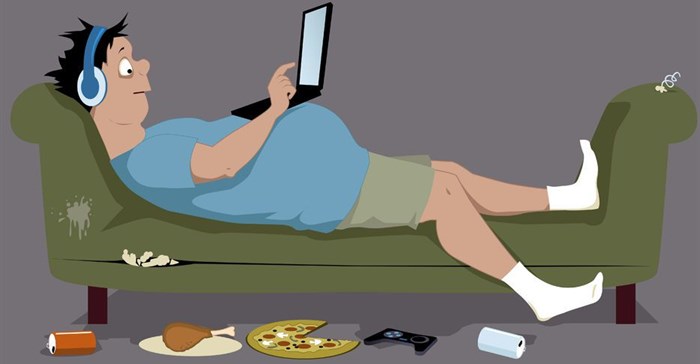
Top stories






More news


ESG & Sustainability
#Sona2026: President announces crisis committee to tackle SA's water challenges











One of the greatest technological advances of our time is that of the mobile phone, especially in Africa, which is mobile-first – many leapfrogged traditional PCs and laptops and had their first internet interactions on their handheld devices.

Now, in this time of online activism, it’s easier than ever to make a donation towards a worthy cause from your device, too – click on a link, make sure the connection’s secure, and your good deed is done. But is that enough? Well, it’s better than slacktivism.
The Guardian reports that social media activism in particular is a weak form of effecting change. You may have added a certain frame to your social media profile image and gone so far as to share posts that encourage change in the world – but do you follow up and actually make a donation or give of your time towards those that need it? And does your post actually result in good?
Some say the intention to make a difference is better than nothing, with Everyday Feminism pointing out that talking about a social issue online does at least do the job of spreading awareness, building community around a topic and educating those who may have the wool firmly tied around their eyes about the real world.
The marketing and advertising industry has taken note of this and made an effort to place focus on work that not only promotes a specific product but also ‘does good’. The Cannes Lions, for example, celebrate work that confronts prejudice and inequality through the Glass Lions or ‘Lion for Change’, and cause marketing is definitely on the rise across the globe.
But, a word of warning: For companies embarking on CSI projects as it’s #MandelaMonth, Chris Bischoff of Reputation Matters tells Sindy Peters that posing with your donation cheque is certainly not the way to spread this message and actually comes across as greenwashing.
I’ve done a few physical ‘acts for good this year, from online donations to buy beds for the homeless this winter to spending a few hours planting trees and paying to both dine on gourmet delights and uplift communities with the proceeds.
While the mobile/online acts are certainly easier, it’s the physical acts – where I’ve committed to being at a certain place for a specific amount of time – that have stuck with me the most.
The best strategy then? If you ask me, it’s all-inclusive. Spent that time and money offline, and be sure that when you do share links, posts and comments online, you’re not doing so in a way that makes you seem better than the masses who don’t take action, especially if you don’t back up your easy words with harder actions.
• The dangers of goodwashing and greenwashing
• Going beyond clicktivism with the #Baltimoreriots?
• Why having an authentic approach to your CSI initiatives is key to sustainable growth
